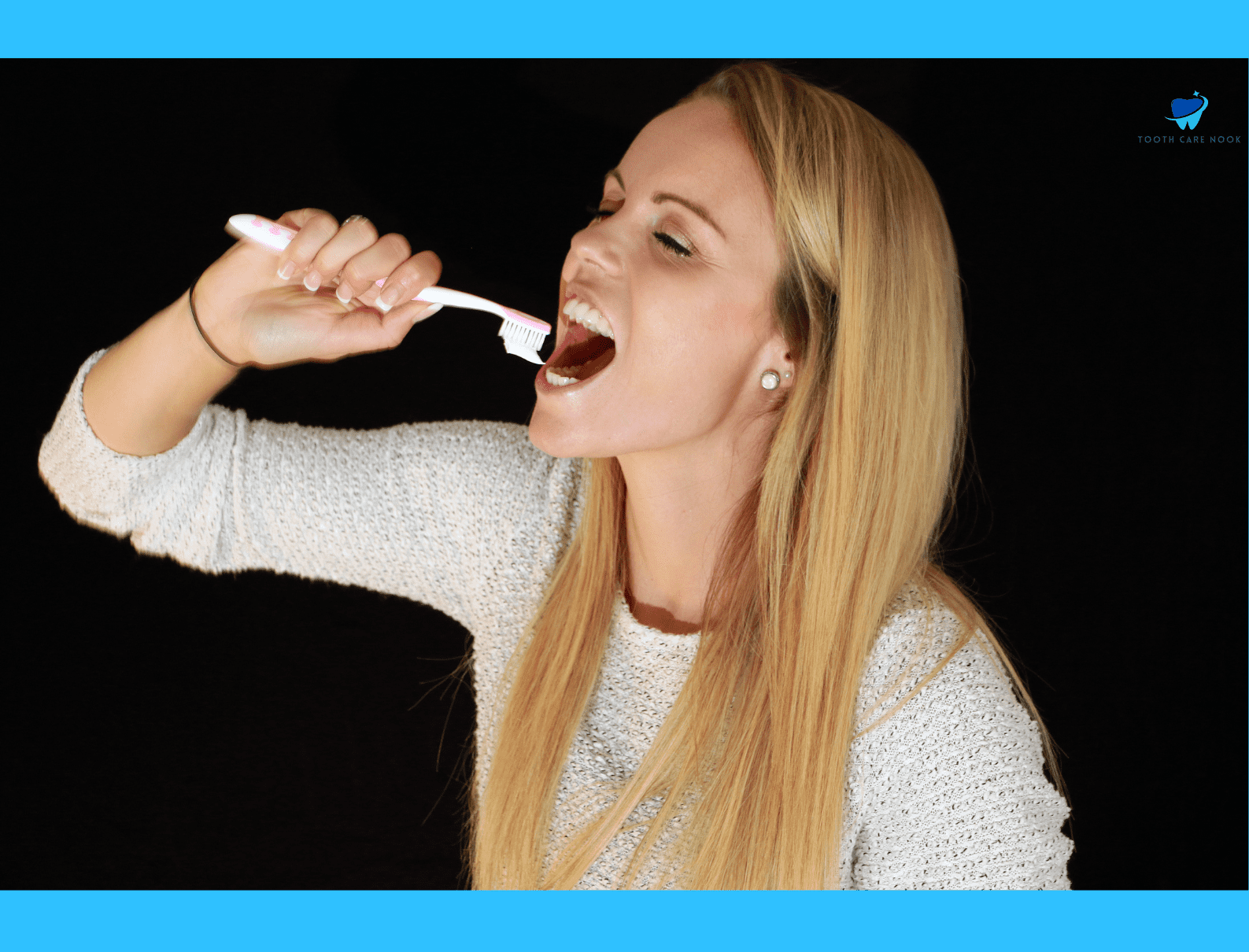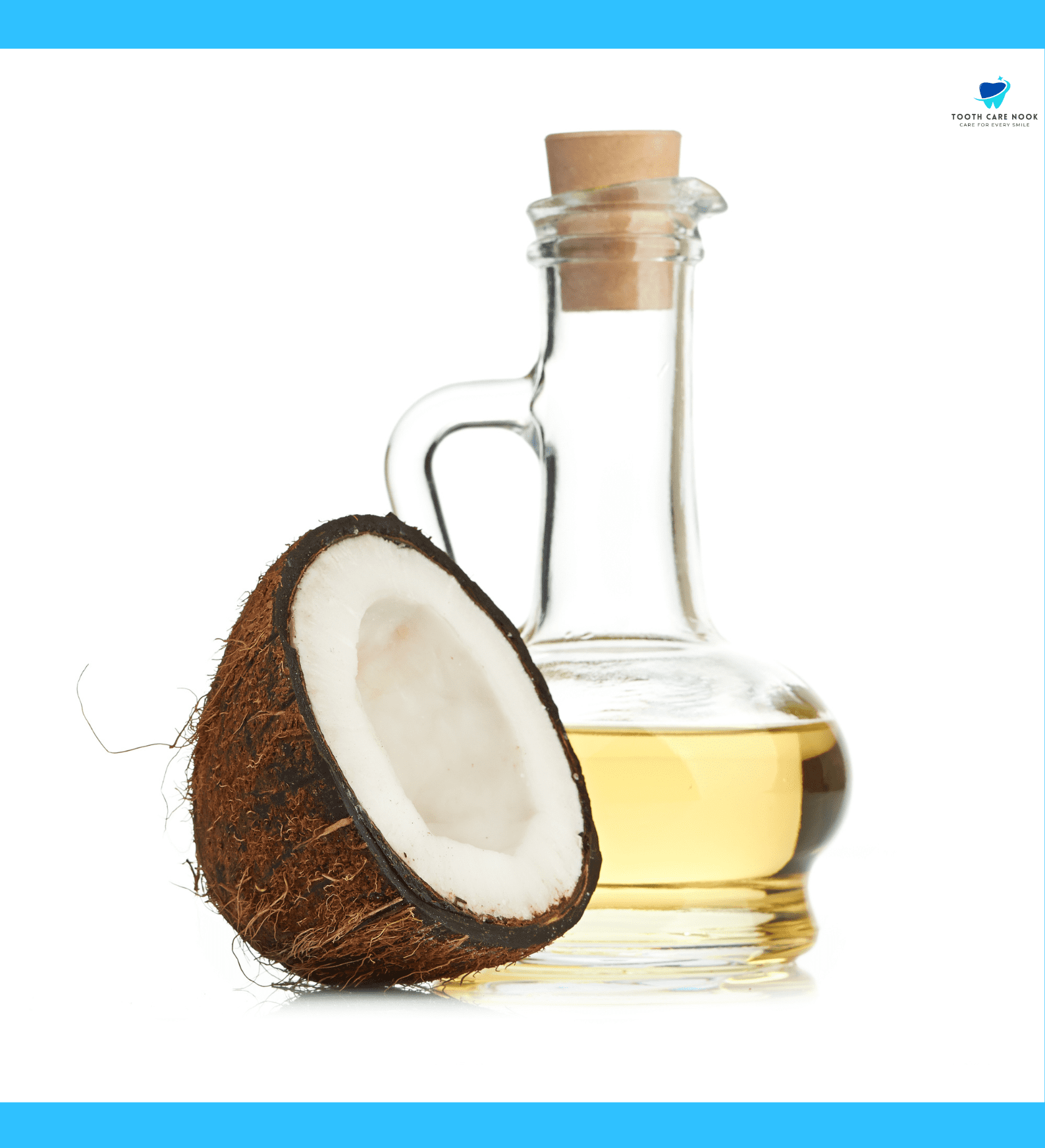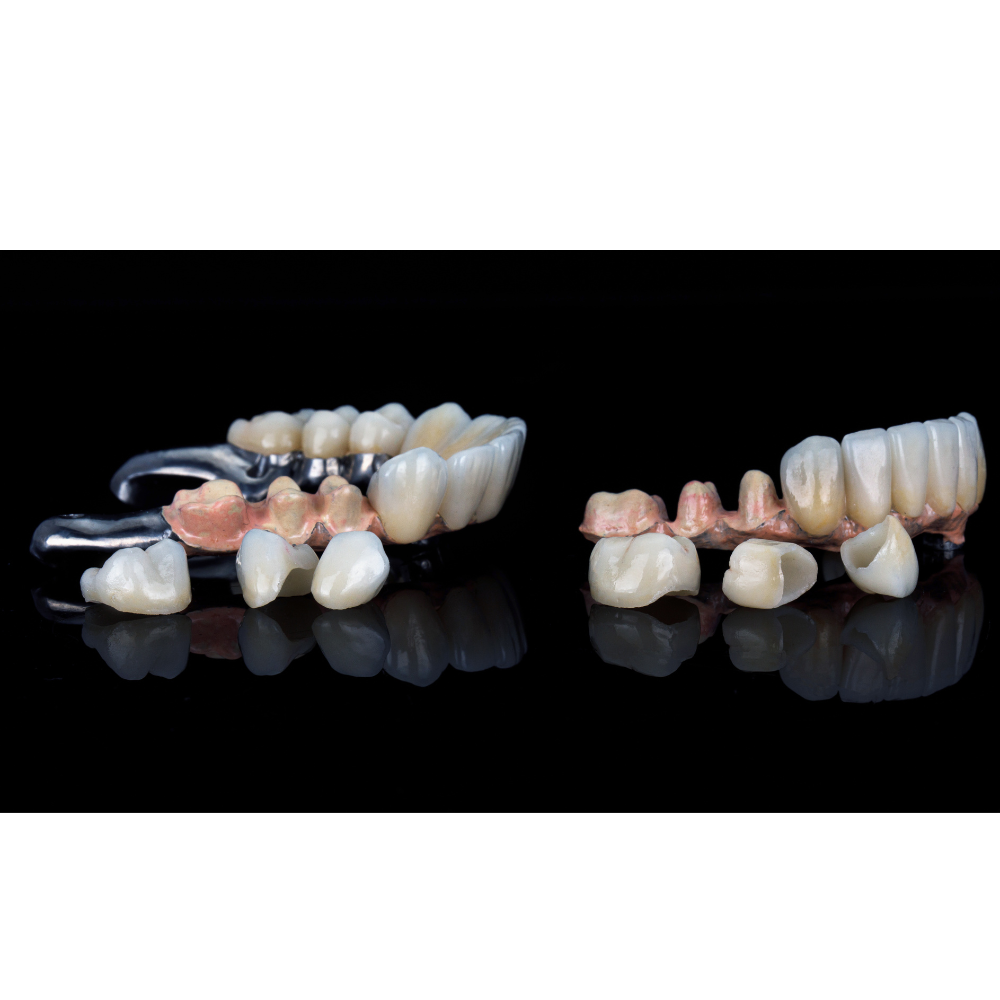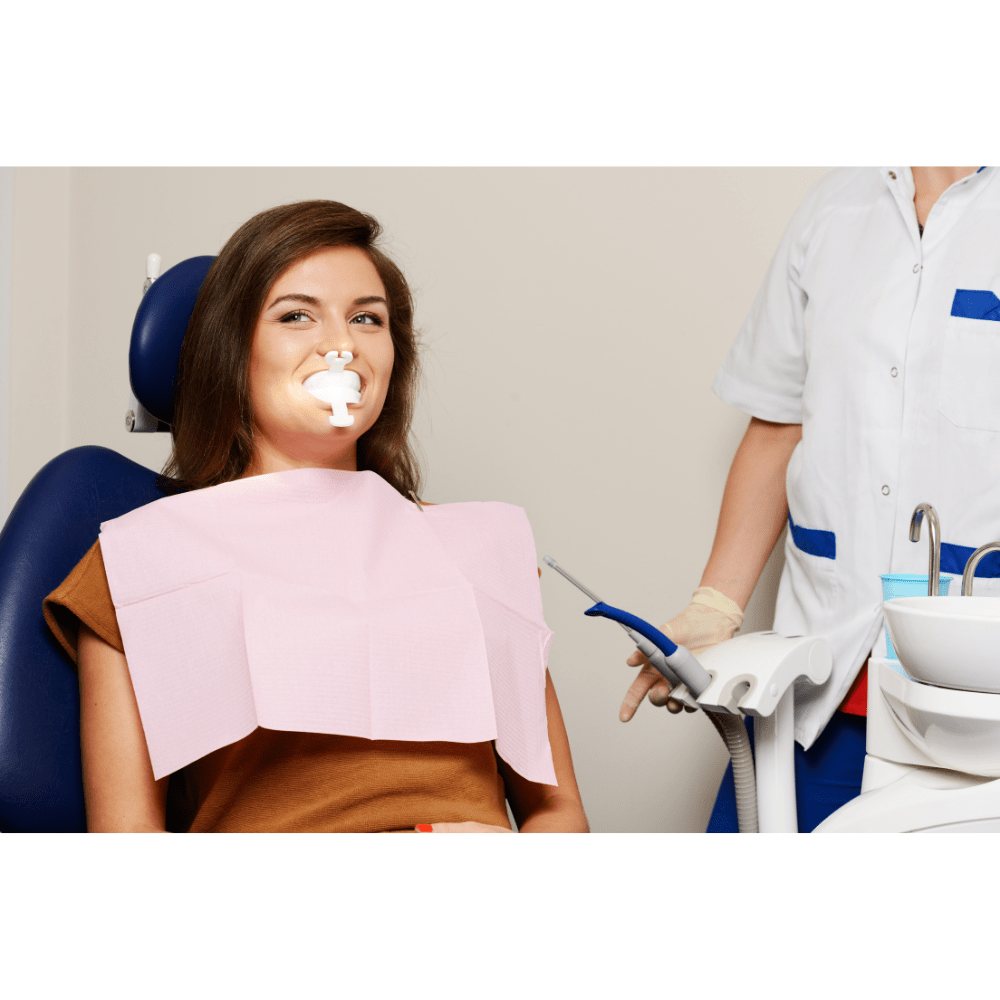Can You Brush Teeth With Salt? | Benefits, Side Effects, And All
There are other alternatives to traditional toothpaste that people are curious about and brushing their teeth. One such method that comes to mind is brushing teeth with salt. This topic has generated a lot of interest due to various claims about the benefits and drawbacks of salt as a dental care product.
This article will discuss whether you can brush your teeth with salt, the benefits, potential side effects, and other important aspects of using salt as part of your oral care routine.
Can You Brush Teeth With Salt?
Yes, you can brush your teeth with salt. Salt has natural abrasive and antibacterial properties that can help clean teeth and reduce bacteria in the mouth. It’s an old practice that some people still use today. It’s best to use it occasionally and gently. For regular brushing, it’s recommended to use fluoride toothpaste which is specially formulated to protect your teeth and gums.
How to Clean Your Teeth With Salt
You can clean your teeth with salt by implementing the following easy steps:
Mix Salt With Water:
Use fine, pure salt like table salt or sea salt. Avoid coarse or flavored salts. Dissolve a small amount of salt in warm water to create a saltwater solution. This helps reduce the abrasiveness.
Dip Your Toothbrush:
Wet your toothbrush and dip it into the saltwater solution. Brush your teeth with salt gently in small, circular motions. Focus on each tooth without applying too much pressure.
Rinse Your Mouth Well:
After brushing, rinse your mouth thoroughly with water to remove any salt residue. Limit brushing with salt to once or twice a week to avoid damaging your enamel. For daily brushing, stick to fluoride toothpaste.

Benefits of Brushing Teeth With Salt
Antibacterial Properties:
Salt can reduce bacteria in the mouth which lowers the risk of infections. This can lower the risk of oral infections and help maintain overall oral health. Using salt for toothpaste occasionally can support your regular dental hygiene routine in keeping your mouth clean.
Reduces Bad Breath:
Salt with water acts like mouthwash. Gargling or brushing with salt can help neutralize odors which improves your breath freshness.
Helps With Inflammation:
Saltwater rinses can soothe gum inflammation and promote healing. This is particularly beneficial for individuals with gingivitis or after dental procedures. The anti-inflammatory properties of salt can provide relief and aid in the recovery process.
Risks Associated with Brushing Teeth with Salt
Here are some potential risks associated with brushing teeth with salt:
- Frequent or aggressive brushing with salt can wear down the enamel which makes them more susceptible to decay and sensitivity.
- The abrasive nature of salt can irritate or damage the gums which leads to soreness, inflammation, and even gum recession over time.
- Overuse of salt can expose the dentin beneath the enamel, resulting in increased tooth sensitivity to hot, cold, or sweet foods and drinks.
- Excessive use of salt and brushing teeth with salt may disrupt the balance of good and bad bacteria in your mouth will lead to other oral health issues.
Can You Use Salt For Toothpaste
No, you cannot use salt for toothpaste. Salt shouldn’t replace regular toothpaste. Salt can help remove surface stains and plaque due to its abrasive nature. However, it lacks essential ingredients like fluoride, which is a must for preventing cavities and strengthening enamel.
Regular toothpaste is specifically formulated to protect your teeth and gums which offers comprehensive oral care benefits. Using salt too often is not good for overall oral health.
Alternatives to Salt Brushing
Baking Soda:
Baking soda is a gentle abrasive that can help remove surface stains and neutralize acids in the mouth. It’s effective in whitening teeth and maintaining a healthy pH balance which makes it a popular alternative to salt brushing.
Hydrogen Peroxide:
A diluted hydrogen peroxide solution can act as a mouth rinse to kill bacteria and whiten teeth. It’s used in conjunction with baking soda to enhance the cleaning and whitening effects, but it should be used sparingly to avoid irritation.
Coconut Oil Pulling:
Swishing coconut oil in your mouth for several minutes can help reduce bacteria and plaque. This ancient practice is known as oil pulling. It can also help freshen breath and improve overall oral hygiene.
Charcoal Toothpaste:
Activated charcoal toothpaste is known for its ability to bind to stains and toxins on teeth. It provides a deep clean and can help whiten teeth over time. However, it should be used cautiously as it can be abrasive.

FAQs
Is it Good to Brush Your Teeth With Salt?
Brushing your teeth with salt can be good occasionally, as it helps remove plaque and has antibacterial properties. However, it’s not ideal for daily use because it lacks fluoride which is important for preventing cavities and strengthening enamel.
What Are the Side Effects of Baking Soda on Teeth?
Using baking soda on teeth can have some side effects. Baking soda’s alkaline properties can disrupt the natural pH balance of the mouth which promotes harmful bacteria growth. Overuse of baking soda can also irritate the gums and oral tissues. To avoid these side effects, it’s important to use baking soda sparingly and in moderation as part of your oral hygiene routine.
Is Salt Good For Teeth and Gums?
Salt can be good for teeth and gums. It has antibacterial properties that can help reduce bacteria and soothe inflamed gums.
Can Salt Whiten Teeth?
Yes, salt can help whiten teeth by removing surface stains. But you cannot consider it as effective as professional whitening treatments or products specifically designed for teeth whitening.
Can Salt Stop Tooth Decay?
Salt cannot stop tooth decay. It has antibacterial properties that can help reduce bacteria in the mouth. You should use fluoride toothpaste regularly and maintain proper dental hygiene to effectively prevent and manage tooth decay.
Does Brushing Your Teeth With Salt Damage Them?
Yes, brushing your teeth with salt can potentially damage them if done excessively or aggressively. Over time, this can result in increased tooth sensitivity, enamel erosion, and gum irritation.



